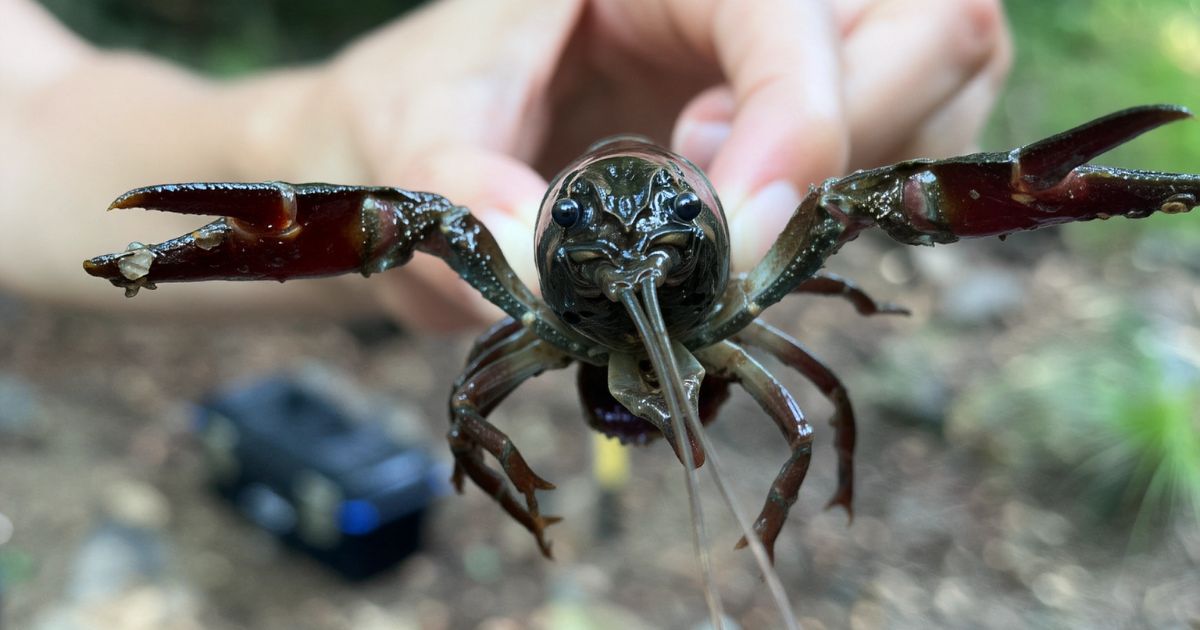ARNET reinforces knowledge about biological invasions: Iberian Peninsula among the most affected regions in the world
ARNET researchers contribute to the most comprehensive study on non-native species ever conducted in the Iberian Peninsula. 
A new study published in the journal Diversity and Distributions confirms the Iberian Peninsula as one of the main hotspots for biological invasions worldwide, revealing the presence of 1,273 non-native species established in Portugal, Spain, Andorra, and Gibraltar.
The study, which involved an international team and included researchers from the ARNET Associated Laboratory – Aquatic Research Network, offers the most comprehensive assessment to date of the extent and impact of exotic species in the region.
The results reveal that Portugal has 616 non-native species and Spain has 1034, mainly comprising vascular plants, insects, crustaceans, mollusks, and other invertebrates. Many of these species are thought to have been introduced accidentally through international trade, ornamental horticulture, aquarium keeping, and the transport of goods, processes that facilitate the dispersal of organisms between ecosystems.
Urban and coastal areas, such as Lisbon, Coimbra, Catalonia, and Andalusia, are among the areas with the highest density of exotic species, reflecting the influence of human activity and trade. The study also highlights the importance of strengthening prevention and early detection measures, promoting rapid and coordinated responses based on tools such as environmental DNA, citizen science, and international cooperation between Iberian countries.
The researchers point out that biological invasions are now one of the main threats to global biodiversity, requiring an integrated approach that combines science, management, and effective public policies. The work provides a solid scientific basis for guiding conservation strategies and supporting informed decisions on the management of aquatic and terrestrial ecosystems.
The study involved the participation of Filipe Ribeiro (MARE/ARNET in CIÊNCIAS ULisboa), Ronaldo Sousa (CBMA/ARNET at the University of Minho), and Pedro Anastácio (MARE/ARNET at the University of Évora).
The results reinforce the relevance of the research carried out within the scope of ARNET, which integrates MARE, CBMA, and CIMA, and whose mission is to produce scientific knowledge that supports public policies, promotes the sustainability of aquatic ecosystems, and contributes to informed management of natural resources. This study is a clear example of how collaborative science can respond in an integrated way to the major environmental challenges we face.
The work was funded by the Foundation for Science and Technology (FCT), through support for the ARNET Associated Laboratory (LA/P/0069/2020) and the InvaSTOP, MULTI-CRASH, and MEGAPREDATOR projects, which deepen knowledge about invasive species and develop more effective management solutions.
Full article: Diversity and Distributions
Text by Vera Sequeira
Photograph by Ronaldo Sousa
